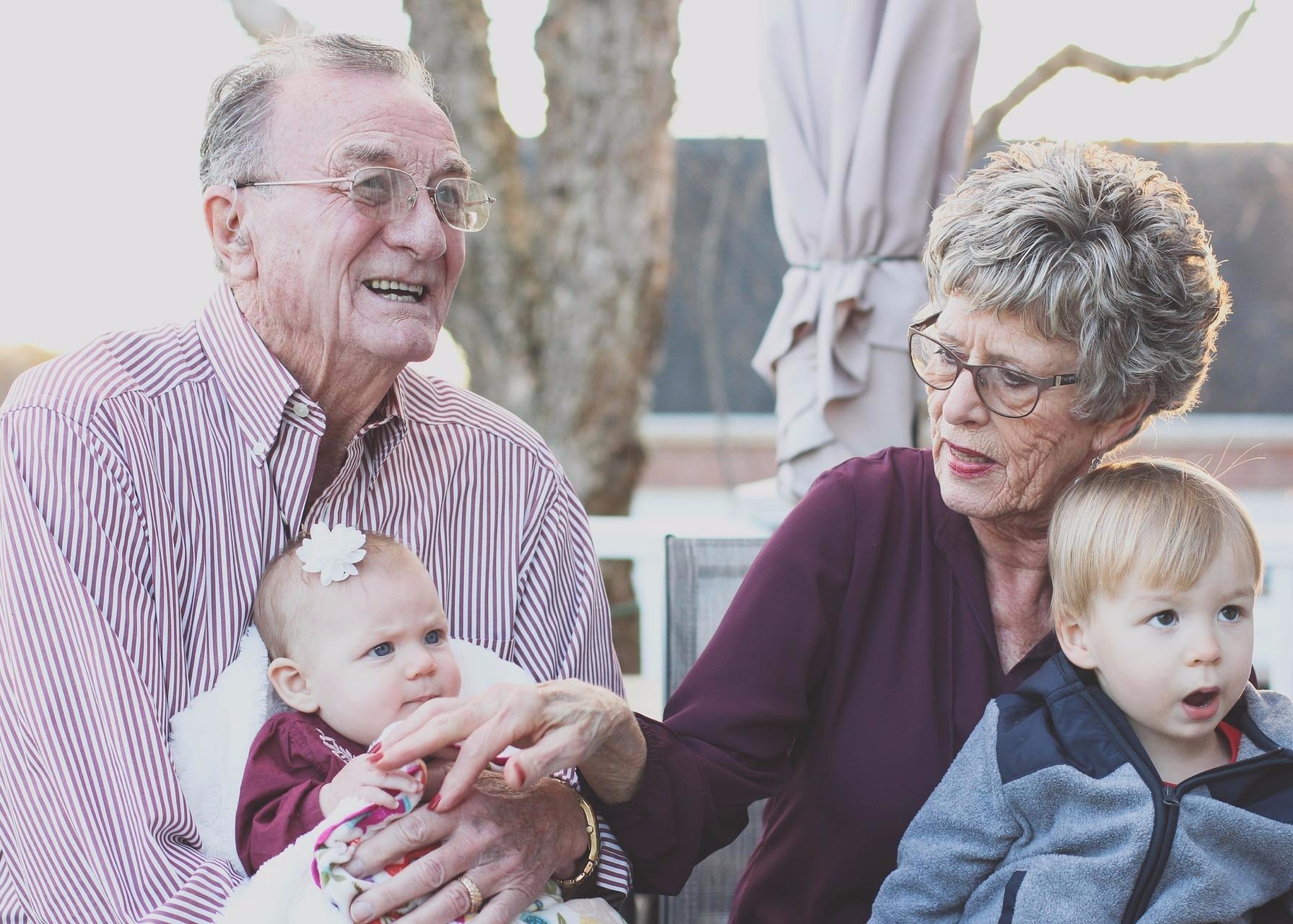
Several years ago, my wife and I witnessed our parents navigate the final years of their own aging parents. Our grandparents lived long and happy lives. The many years that they spent on earth produced great memories, but with those memories came the accumulation of a lot of stuff.
Since the Great Depression, we have lived in prosperous times where incomes have increased and competition has driven the relative prices of goods down. Thus leading to more stuff.
For both sets of grandparents, massive commercial size dumpsters were hauled in to dispose of nearly everything they left behind.
What to do with this stuff has become a common problem. In fact, last week The New York Times published an article on the dilemma adult children face when 80+ years of accumulated material goods suddenly become theirs.
The Dilemma
The reality is, aging parents value their possessions differently than their adult children.
The Lenox china set, though highly valued by the aging parent, might be just another thing that will clutter up the cabinets for the adult child who stands to inherit it.
An undue burden ends up being placed on the adult child because he or she knows just how much their parents treasure certain items, and feel a tremendous amount of guilt about throwing away inherited items they value differently.
Much of this phenomenon can also be attributed to a psychological bias coined as the Endowment Effect. As humans, we tend to overvalue items merely because we already own them.
One famous experiment illustrated this principle when participants given a chocolate bar were unwilling to trade it for a coffee mug, whereas participants first given the coffee mug were also unwilling to trade it for the chocolate bar! These folks assigned more value to whichever item they were given, merely because it was theirs.
Such is the case with aging parents and adult children. They tend to assume their adult children value their stuff to a similar degree as them even though they aren't the owners.
The Solution
Recognizing this point of tension, many are turning to senior move managers to help them sort through the possession they've accumulated over the years. At a rate of between $50-$125/hour, they help you decide what to keep, donate, and discard (before the problem is inherited).
At risk of an adult child offending aging parents, it can be tremendously helpful for a third party to mediate those conversations and guide the decumulation process while the aging parents are still alive.
Additionally, Marie Kondo's book The Life-Changing Magic of Tidying Up has also outlined a philosophy of stuff that has resonated in a world of cluttered households. She advocates that one should only keep items that truly "spark joy" in your life. Everything else should go!
In my own household, one thing we have done to declutter is taking pictures of sentimental items that no longer have a utilitarian use. Trophies, child artwork, old t-shirts that no longer fit -- they all get stored digitally rather than taking up space.
Making use of those digital images can be a way to get someone to throw away something with sentimental value, and works toward a more seamless transition of stuff at the end of life.
There is no easy way to resolve the issue 80 years of accumulation, but perhaps an honest conversation is a good place to start.
This material is intended for educational purposes only. You should always consult a financial, tax, or legal professional familiar with your unique circumstances before making any financial decisions. Nothing contained in the material constitutes a recommendation for purchase or sale of any security, investment advisory services or tax advice. The information and opinions expressed in the linked articles are from third parties, and while they are deemed reliable, we cannot guarantee their accuracy.
